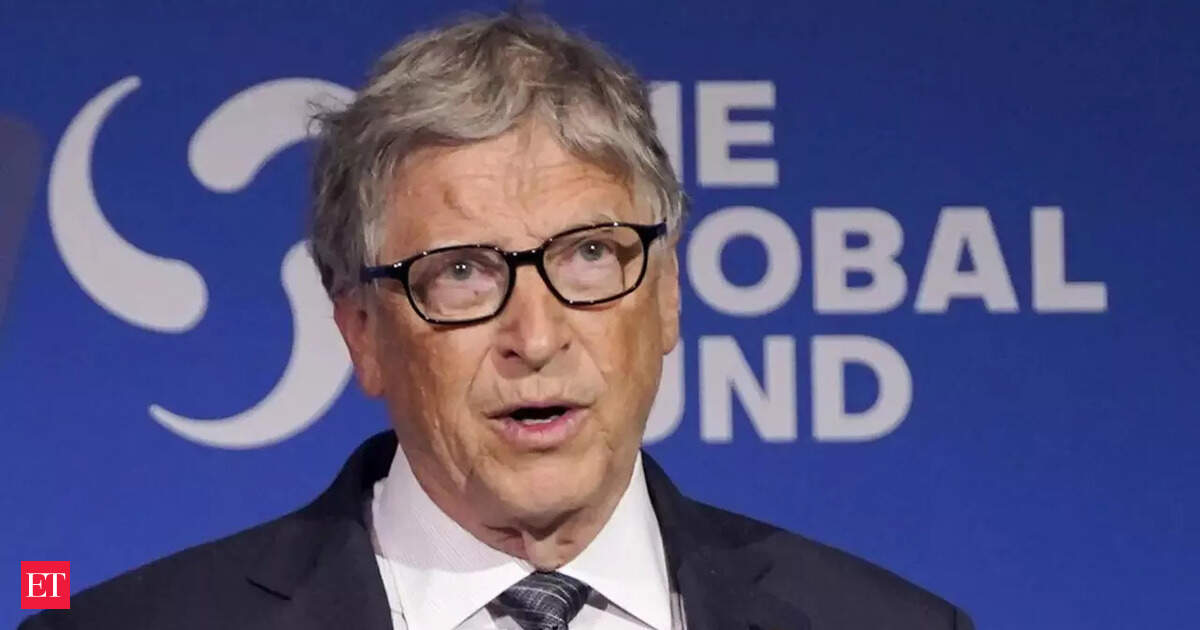Even with AI changing many industries, some jobs stay human. Programming is one of them, Gates says clearly.
What Bill Gates thinks about AI and jobs
Gates admits he’s “scared too” about AI. He knows AI is powerful but also risky. AI could take away 85 million jobs by 2030. This is what the World Economic Forum predicts. But AI could also create 97 million new jobs, according to the report by elcabildo.
ALSO READ: 9 morning habits that slash blood sugar spikes and crush cravings before they start
These new jobs will be in tech and emerging industries. Gates believes AI can boost productivity and give us “plenty of free time.” If we use AI smartly, it can improve life, not just take over work.
Why programming will stay a human job
Programming needs creativity and judgment. These are human-only skills AI can’t copy. AI can help with boring stuff like debugging. But the real brain work — solving problems — is still human.
Writing code isn’t just typing — it’s thinking deeply. You need to understand the problem, make connections, and invent solutions. No algorithm can match the “creative leap” of a human coder. That spark of innovation makes programming irreplaceable, according to the report by elcabildo.
ALSO READ: Mike Lindell’s lawyers fined $3,000 for using AI that created fake court citations
Other professions and AI
Jobs in energy and biology are also safe from AI. Gates says they need human expertise that machines can’t fake. But some jobs will be hit hard — like admin assistants and graphic designers. AI tools can now do routine work faster and cheaper.
The job market is changing, not disappearing. People will need to learn new skills often to stay relevant. Critical thinking and complex problem solving are now key job skills, as per the report by elcabildo.
FAQs
Q1. What job did Bill Gates say AI won’t replace?
Bill Gates said programming won’t be replaced by AI, even in 100 years, because it needs human creativity and judgment.
Q2. Why does Bill Gates believe programming is safe from AI?
He believes programming involves deep thinking and problem-solving, which AI can’t fully do like humans.

